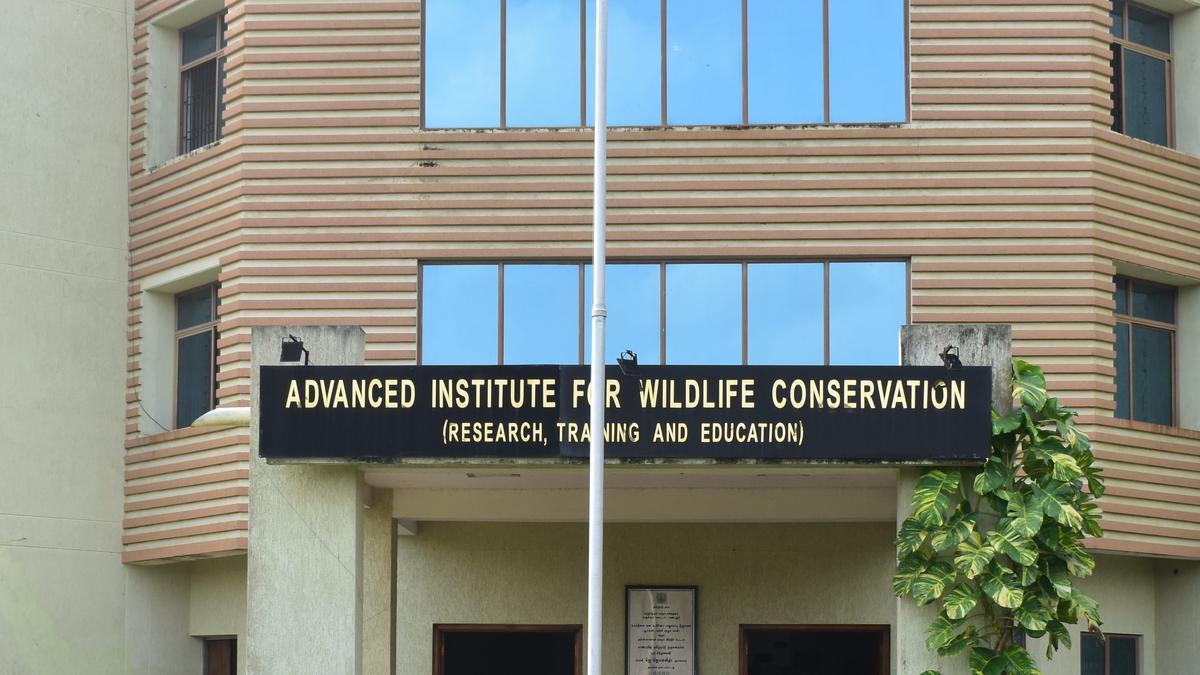
The Advanced Institute of Wildlife Conservation, established in 2017, is equipped with three forensic labs dedicated to morphometry, DNA sequencing, and histopathological tests. | Photo Credit: SPECIAL ARRANGEMENT
The Advanced Institute of Wildlife Conservation (AIWC) in Vandalur, an institution set up by the Tamil Nadu Forest Department, has become the first institution from southern India to be officially recognised as a government scientific expert.
A G.O. was passed by the State government on October 7 notifying the Centre for Wildlife Forensics at AIWC as a government scientific expert. With this tag, the institute can support the Tamil Nadu Forest Department and assist the forest and wildlife departments of neighbouring States with forensic analysis, enhancing wildlife law enforcement in the region, the order stated.
Initially, the AIWC Director had submitted a proposal to the Central government. However, under the Bharatiya Nagarik Suraksha Sanhita, 2023, which replaced the Code of Criminal Procedure, 1973, the authority to notify government scientific experts has also been delegated to the State government, leading to the issuance of the order.
Speaking to The Hindu, A. Udhayan, Principal Chief Conservator of Forests and Director, AIWC, said so far, four organisations in India were equipped for analysis of biological specimens — the Wildlife Institute of India (WII), the Zoological Survey of India, the Botanical Survey of India, and the Indian Council of Forestry Research and Education.
Among these, the WII in Dehradun receives the highest volume of wildlife samples from various states. Due to the large number of samples, they have reported experiencing a backlog. Mr. Udhayan noted that southern States can now send and receive wildlife samples for forensic analysis more quickly. AIWC has already started working with Karnataka and Puducherry governments for sample testing.
Established in 2017, the AIWC is equipped with three forensic labs dedicated to morphometry, DNA sequencing, and histopathological tests. In these labs, samples are analysed to identify species, verify body parts such as claws, teeth, and skin, determine the sex of the species, and assess the genetic relationship between different samples. Additionally, tissue samples are examined to ascertain the cause of death.
Published – October 12, 2024 10:00 pm IST


